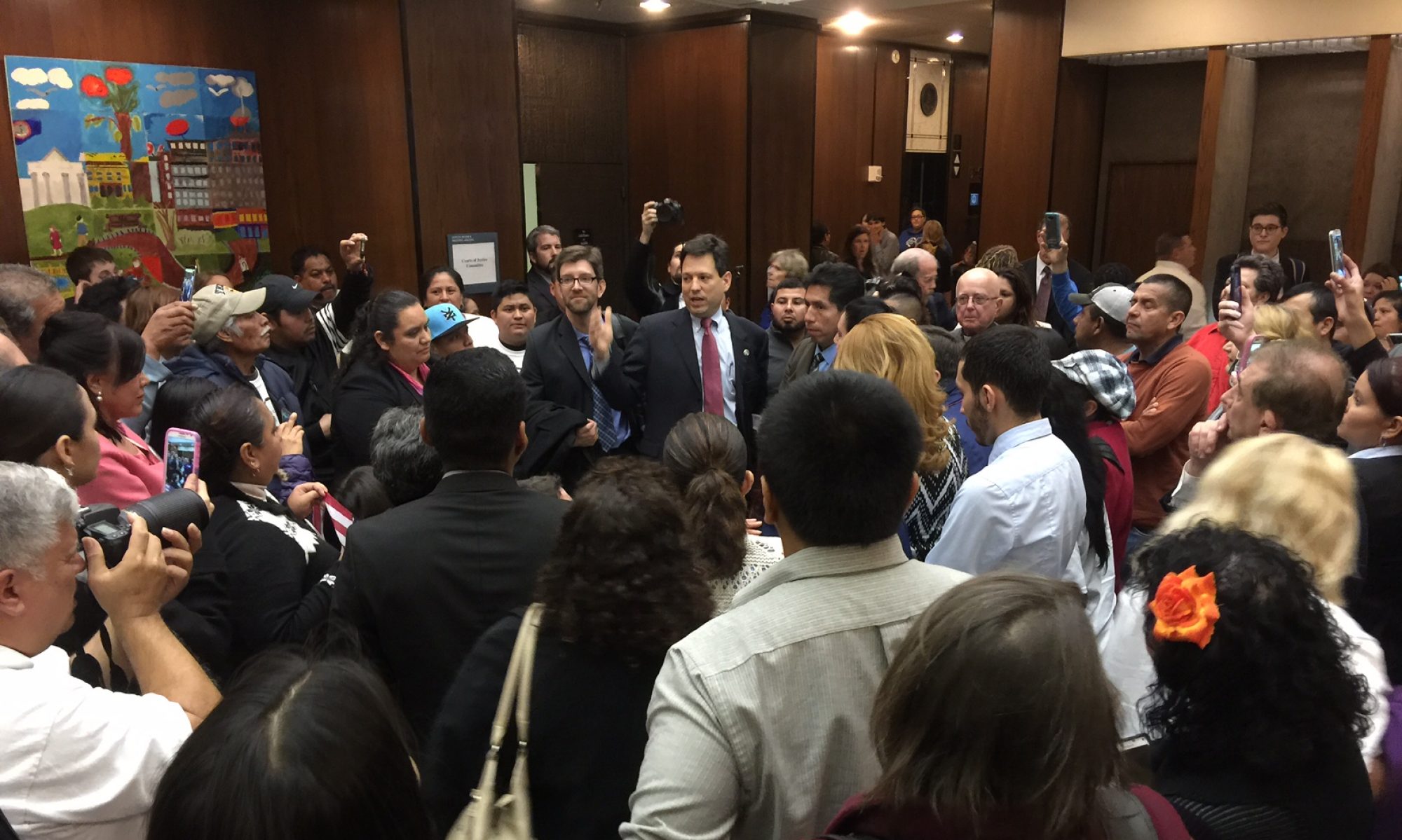SB 1461 will provide over 2,000 annual full scholarships to Pell-Eligible students attending Virginia state-supported universities with smaller endowments

Richmond, VA – Today Senator Scott Surovell (D-Mt. Vernon) introduced SB1461, which will create the Virginia College Opportunity Foundation and fund it with the $1.3 Billion surplus in the Virginia 529 Plan to fund over 2,000 annual full-scholarships for Virginia college students who are eligible for Pell Grants attending Virginia state-supported universities with smaller endowments.
Surovell attended Virginia public education from kindergarten through law school and supports public education as the key to fulfillment. “Using this surplus funding to level the playing field makes perfect sense,” Surovell said. “This legislation will help these historically disadvantaged students and institutions.”
For 100 years, access to state-supported higher education in Virginia was limited to white men and this is reflected in the endowments of Virginia’s oldest universities. Even today, tuition support and state appropriations are disproportionately invested in universities that have the largest endowment-supported financial aid and a history of male-only admissions, with colleges focused on male-dominated professions.
State annual per-student appropriations to Virginia’s original women’s schools — James Madison, Longwood, Mary Washington and Radford universities — averages 22% less than UVA, Virginia Tech, William & Mary, VCU and VMI. At the extremes, taxpayers give 62% more money per student to UVA than to George Mason University — an extra $3,460 per student. Before 2020, the combined endowments plus “strategic reserve funds” of UVA, Virginia Tech, William & Mary, VCU and VMI were around $15 billion. The combined endowments of Virginia’s remaining 10 four-year universities were around 5% of that, roughly $800 million. Virginia’s five legacy universities have endowments and reserves of about $146,000 per student, while 10 non-legacy universities have about $6,600 per student when competing for and supporting the top academic and teaching talent.
Until 2019, the Virginia529 College Savings Program allowed parents to prepay tuition as much as 18 years before students attend college and to lock in then-existing tuition rates. The Virginia529 Plan also earns management fees and is one of the largest 529 programs in America. As of June 30, 2020, it had a $1.1 billion surplus.
Surovell’s legislation would sequester the surplus into a state endowment fund managed by the Virginia Retirement System and run by a board made up of graduates of Virginia’s 10 non-legacy universities. Advocates argue that $1 billion dollars could generate $55 million per year in income, which could fund at least 2,200 scholarships of $25,000 for students to attend one of Virginia’s 10 non-legacy institutions and commit to remain in Virginia for their careers for a period of time after graduation to help repay the investment in their education.
The next step for the legislation will be an Education and Health committee hearing later this month. If it is approved by the legislature and signed by the governor, it will become law in July 2023.
###
Senator Scott A. Surovell represents parts of Fairfax, Prince William, and Stafford Counties since 2015. Prior to his time in the Senate, Surovell served six years in the House of Delegates. Surovell lives in Mt. Vernon with his wife and four children. He practices law and has dedicated his legislative career to fighting for Northern Virginia’s fair share, protecting consumers, and preserving our environment for future generations.
